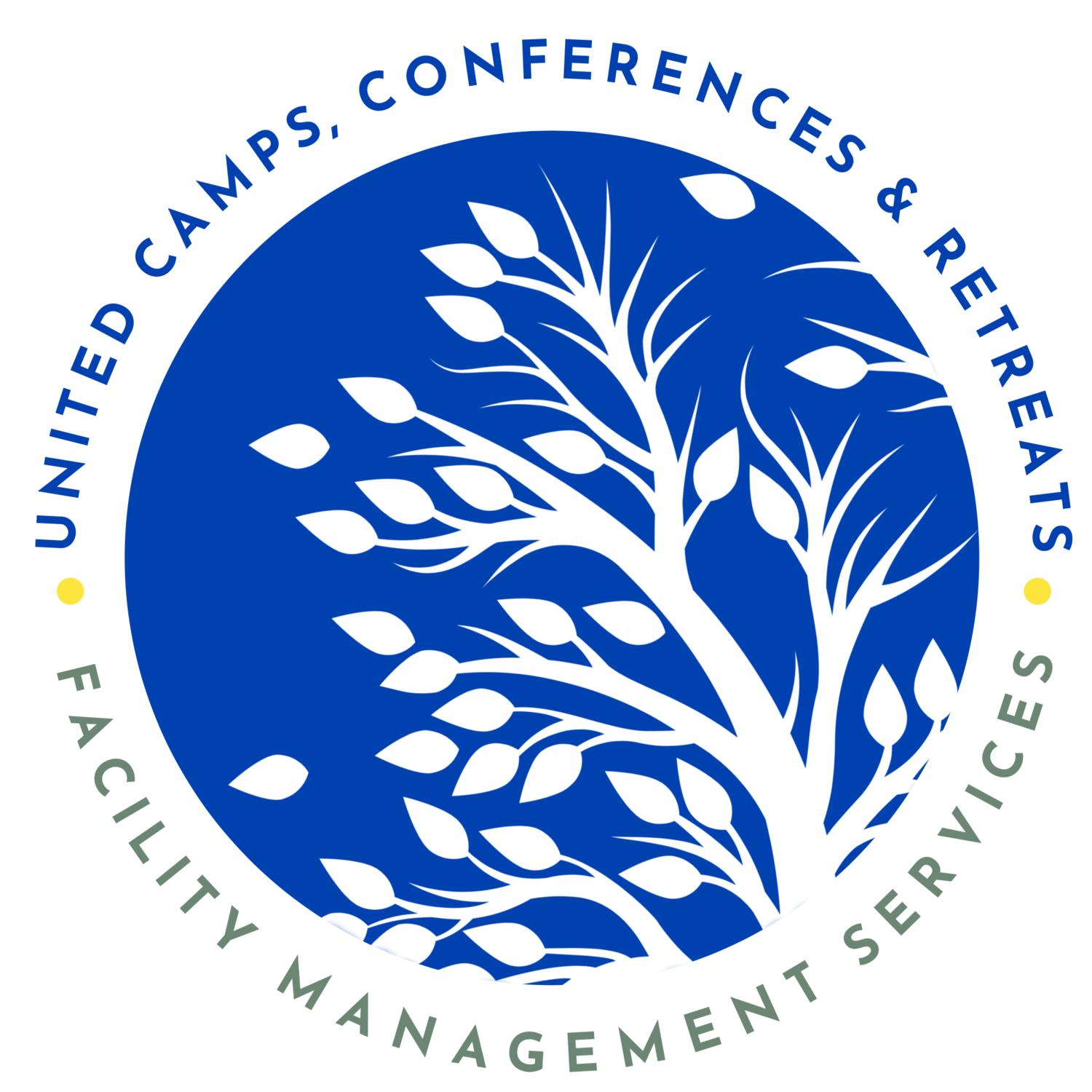Recovering Well: Embracing Healthy Habits for New Beginnings
/Life is full of beginnings and endings. Recovering from an addiction is a season of transitions, letting go of old habits, and embracing new, healthier ones. When it’s time for a fresh start, reframing your lifestyle can help you feel better and stay on track.
Exercise for Well-Being
Adding a workout regimen can be an integral part of your addiction recovery. Exercise can act as a self-help tool, reducing feelings of stress, depression, and anxiety. It can also help relieve withdrawal symptoms and encourage the release of feel-good chemicals in your brain. Those who work out are also at lower risk for relapse due to reduced cravings. Working out can also help repair physical and mental damage you endured through abusing substances by rebuilding your mind and body in a practical way.
Yoga, Mindfulness, and Recovery
Yoga appears to be an especially helpful physical activity for recovering addicts. Because yoga involves mindfulness, addicts can learn to better recognize triggers and teach themselves healthy coping mechanisms. They can learn positive methods for feeling energized, satisfied, and stable. Yoga and mindfulness can also help shape a more positive outlook on life since you learn to manage negative thought patterns and create a sense of peace and calm in your life. It provides an opportunity for gentle escape at the end of a challenging day or a vigorous release of energy when anger, frustration, or other tough emotions weigh on you.
Proper Sleep Habits
Sleep is an integral part of a healthy lifestyle and is essential to your mental and physical wellness. Because you need sleep to be healthy, according to Yale Daily News, getting sufficient shuteye can be a key to overcoming an addiction. During sleep, your mind and body recover from the events of the day, helping to lower stress levels, maintain focus, experience less inflammation, and lower risk of depression. Insomnia can lead to a higher risk for accidents, more trouble maintaining a healthy weight, and poorer performance at jobs or in school.
...and Sleep Environment
Some studies indicate adults should be getting between seven and nine hours of slumber every night, but if you’re tossing and turning, all the sleep in the world may not leave you feeling rested. Ensuring you receive ample, quality sleep every night can vastly improve your mental health, physical well-being, and focus. Analyze your sleep environment to ensure it provides a relaxed, quiet, calming, dark, and comfortable place for rest. If you awaken feeling groggy or in pain, it may be time to consider upgrading your mattress, as it may be doing you more harm than good. If you already have back or joint pain, look for a medium-firm to firm memory foam mattress for optimal rest.
Healthy Diet
Proper nutrition is a cornerstone in a balanced, healthy lifestyle. According to Today’s Dietitian, many people let go of healthy eating habits during the development of an addiction. Healthy eating can help you rebuild your body and mind, helping you heal. With a balanced diet, you can stabilize your mood, lower stress, reduce cravings, and help ward off any co-occurring health issues or medical concerns resulting from your addiction.
Nutritious Choices
US News offers several nutrition tips for people recovering from addiction. Start by getting into a healthy routine of eating three meals daily. Focus on a diet that supplies a balance of foods, including high fiber grains, fruits, and vegetables. In recovery, people sometimes replace abusing a substance with abusing sugar, so be alert to cravings and avoid filling them with sugary foods. Along those same lines, avoid indulging in caffeine. A daily cup of coffee is okay, but drinking too much can lead to a crash later.
Healthy, New You
Recovering from an addiction is a time of leaving behind old ways and embracing new, healthier ones. Include good sleep habits, exercise, and proper nutrition in your new lifestyle. Fresh habits can help you feel better, heal, and stay on a clean path.
–Michelle Peterson, Guest Blogger
Bio: Michelle Peterson, a surviving addicts, believes that the journey to sobriety is not one of shame, but of pride. She created RecoveryPride to celebrate sobriety and those who achieve it. Photo courtesy of Pixabay.

